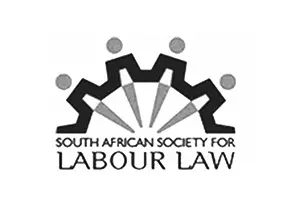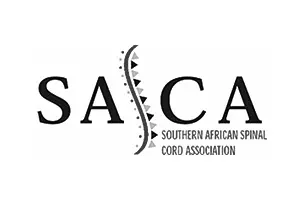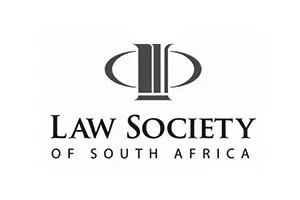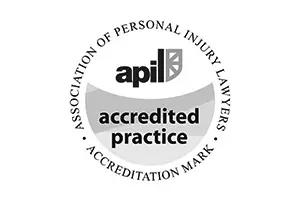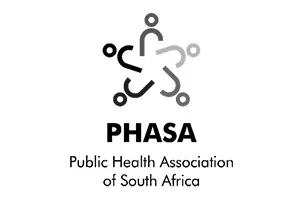
The current position on objections to the con/arb process
Con/arb process – The Commission for Conciliation, Mediation and Arbitration (“the CCMA”) as well as other bargaining councils are forums which provide parties in labour disputes the opportunity to ventilate their issues and vindicate their rights entrenched in our jurisprudence.
These respective forums have promulgated rules which regulate the conduct of the proceedings before them. Rule 17 (2) of the Rules for the conduct of Proceedings before the CCMA (“the Rules) allows parties to a dispute to object to a process referred to as con/arb or the con/arb process. Section 191(5A) of the Labour Relations Act, 66 of 1995 (as amended) (“the Act”) also provides parties to a con/arb process with the option to object. Con/arb is a combination of 2 (two) processes, namely conciliation and arbitration. Conciliation is a process whereby parties to a dispute attempt to resolve the dispute referred to the CCMA or bargaining council without delving into the merits of the dispute. It is the hallmark of labour disputes in that it presents an opportunity for employers and employees to try and have the issues between them resolved speedily without the need to lead evidence and make submissions of a legal nature. Many labour disputes have been resolved at this stage.
In certain instances, however, the parties to a dispute are unable to resolve their issues at the conciliation stage. When this happens, the Commissioner who presides over the conciliation issues what is known as a certificate of outcome which certifies that the matter remains unresolved. The parties may then elect to refer the matter for arbitration or to the Labour Court for adjudication within 90 days from the date of issue of the certificate of the outcome, depending on the type of dispute referred.
On occasion, the CCMA or bargaining council will set the matter down for con/arb instead of conciliation only. As mentioned above, this process combines both conciliation and arbitration processes on the same day. Typically, the parties will start with the conciliation part but will move over to the arbitration phase of the process if conciliation fails. An objection to the con/arb process simply means that either party may inform the CCMA or bargaining council in writing of their intention to separate the conciliation and arbitration stages in the con/arb process. In terms of the CCMA’s rules, the objection must be filed 7 (seven) days prior to the date of the con/arb process.
In a recent case of Valinor Trading 133 CC t/a Kings Castle v CCMA and Others [1] the Labour Court had to determine whether a Commissioner is permitted to proceed with arbitration in the event of an objection to the con/arb process being filed outside the 7-day time period. The Respondent had filed its objection to con/arb 3 (three) days before the date of the con/arb instead of 7 (seven) days and as a result, the Commissioner continued with the arbitration part of the con/arb. Aggrieved by the Commissioner’s decision to proceed despite filing an objection, the Respondent approached the Labour Court to review same.
The court held that the Commissioner was not empowered to proceed with arbitration because an objection was filed, albeit late. The court held that the object of the CCMA’s rules is not to trump a statutory provision. Simply put, the Act must prevail in circumstances where the CCMA’s rules are at variance with what the Act prescribes. Section 191 (5A) of the Act allows for arbitration to follow the conciliation process only in respect of certain types of disputes as listed in 191(5A) (a) to (c). In all other instances, the Commissioner cannot ignore an objection to the con/arb process regardless of the time period within which same is filed.
This case provides us with certainty in respect of disputes which are set down for con/arb and a party files a belated objection thereto. As it stands, and until this judgment has been successfully challenged, a Commissioner must only conduct the conciliation part of a con/arb process if an objection is filed regardless of the timing of that objection. Parties are encouraged to approach our firm when they have labour disputes to ensure that the correct process is followed in accordance with the various rules and labour laws.
[1] (JR292/19) [2023] ZALCJHB 10 (3 February 2023)

Sandile Mnguni (Author)
Professional Assistant at Malcolm Lyons and Brivik Attorneys Inc.
Malcolm Lyons and Brivik Attorneys are leading experts in the field of labour law in South Africa. To discuss whether you have a case, contact our offices below:
Telephone:
Cape Town Office:
Telephone: +27 (0) 21 425-5570
E-mail: Cape.office@mlblegal.co.za
Johannesburg Office:
Telephone: +27 (0) 11 268 6697
Email: Jhb.office@mlblegal.co.za
Contact form:
The current position on objections to the con/arb process
Con/arb process - The Commission for Conciliation, Mediation[...]
Out of time? Think again – The CCMA and its rules
By Lara Keil (Candidate Legal Practitioner) under the[...]
RAF’s lodgement requirements: Claimants further prejudiced
By Lara Keil (Candidate Legal Practitioner) under[...]









